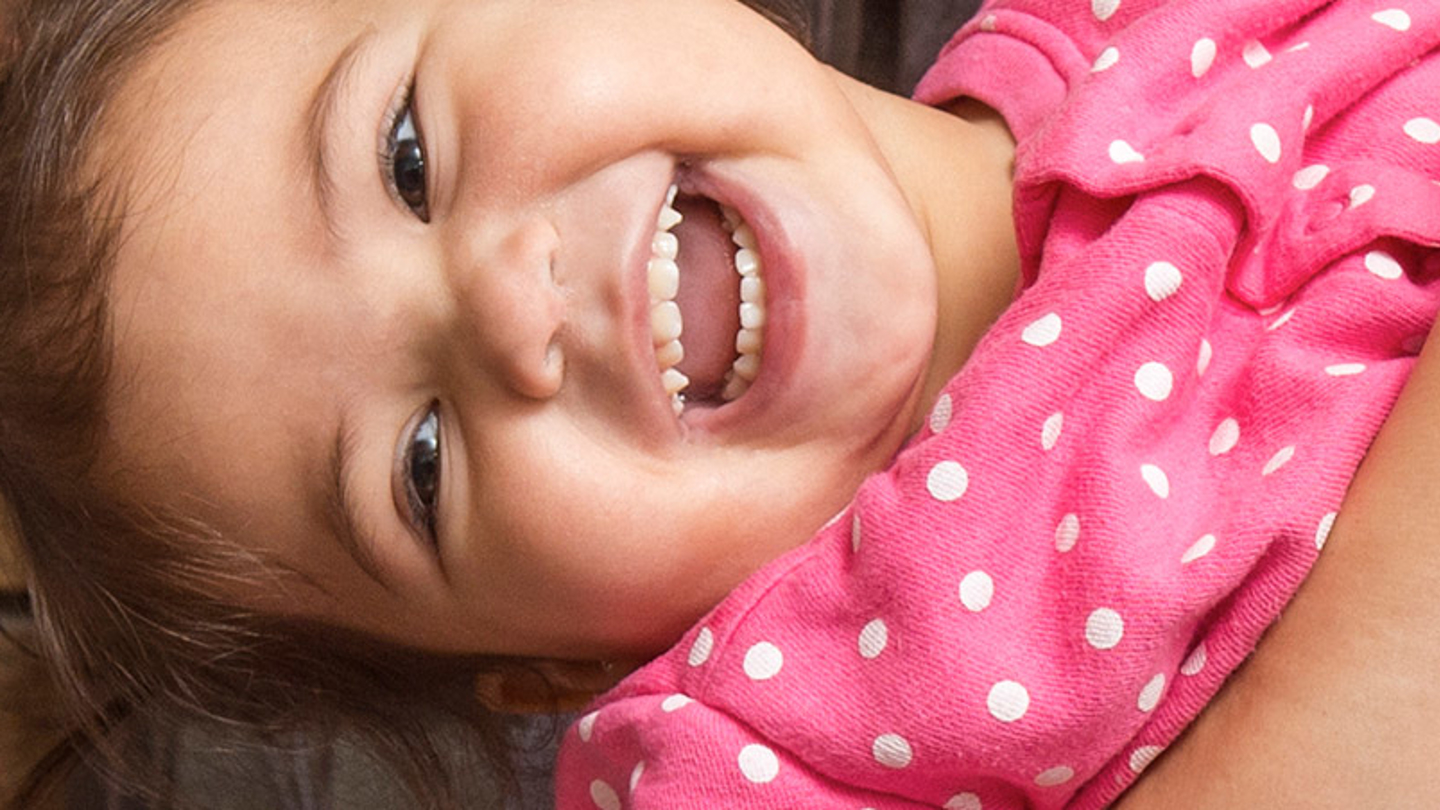- Doctors & Departments
-
Conditions & Advice
- Overview
- Conditions and Symptoms
- Symptom Checker
- Parent Resources
- The Connection Journey
- Calm A Crying Baby
- Sports Articles
- Dosage Tables
- Baby Guide
-
Your Visit
- Overview
- Prepare for Your Visit
- Your Overnight Stay
- Send a Cheer Card
- Family and Patient Resources
- Patient Cost Estimate
- Insurance and Financial Resources
- Online Bill Pay
- Medical Records
- Policies and Procedures
- We Ask Because We Care
Click to find the locations nearest youFind locations by region
See all locations -
Community
- Overview
- Addressing the Youth Mental Health Crisis
- Calendar of Events
- Child Health Advocacy
- Community Health
- Community Partners
- Corporate Relations
- Global Health
- Patient Advocacy
- Patient Stories
- Pediatric Affiliations
- Support Children’s Colorado
- Specialty Outreach Clinics
Your Support Matters
Upcoming Events
Mental Health Town Hall
Tuesday, April 23, 2024Join Children’s Hospital Colorado pediatric experts for a virtual...
-
Research & Innovation
- Overview
- Clinical Trials
- Q: Pediatric Health Advances
- Discoveries and Milestones
- Training and Internships
- Academic Affiliation
- Investigator Resources
- Funding Opportunities
- Center For Innovation
- Support Our Research
- Research Areas

It starts with a Q:
For the latest cutting-edge research, innovative collaborations and remarkable discoveries in child health, read stories from across all our areas of study in Q: Advances and Answers in Pediatric Health.



The Pediatric Kidney Transplant Program was relocated to Children's Hospital Colorado in 1990, after originating at the University of Colorado-School of Medicine in the 1960s. Our multidisciplinary team consists of qualified healthcare professionals, who are dedicated to the well-being of your child and family. In addition to the transplant program at Children's Colorado, you and your child have access to the services of one of the nation's leading pediatric healthcare centers.
97.73%
Patient survival rate three years after kidney transplant between 1/1/18 and 3/12/20, 6/13/20-6/30/20
100%
Patient survival rate one year after kidney transplant between 7/1/20 and 12/31/22
What disorders does Children’s Colorado treat with kidney transplants?
There are a variety of indications for pediatric kidney transplantation, including:
- End-stage renal disease
- Obstructive uropathy
- Lupus nephritis
- Polycystic kidneys
- Dysplastic kidneys
- Hypertensive disease
- Focal segmental glomerulosclerosis (FSGS)
- Alport syndrome
- Hemolytic uremic syndrome
- Cystinosis
- Oxalosis
- Drug toxicity (chemotherapy, transplant nephropathy, drug overdose)
Why choose Children's Colorado for pediatric kidney transplantation?
Commitment and innovation
Children's Colorado's Kidney Transplant team is committed to innovative care and strong integrated support for your child and your entire family. It is important to know that transplantation is not a cure; it is a treatment option for end-stage kidney failure. This requires a lifelong commitment to taking medication and receiving consistent medical treatment. The goals of transplantation are to give your child the best treatment for end-stage kidney failure, establish normal kidney function and allow for improved quality of life.
Advancing treatment through research
Current research efforts include studies of calcineurin inhibitor (CNI) toxicity in children and the effects of CNI in children following treatment, including after kidney transplantation; studies in Autosomal Dominant Polycystic Kidney Disease (ADPKD); and participation in Improving Renal Outcomes Collaborative (IROC) a learning network of top pediatric kidney transplant centers seeking to improve the health and outcomes of children receiving kidney transplants.
Outcomes and success rate of kidney transplants
Children's Colorado's Kidney Transplant Program has performed over 250 kidney transplants since 1988. Short and long term outcomes are above the national average. Success rate of kidney transplants and outcomes data for our program and all transplant centers across the United States is publicly available through the Scientific Registry for Transplant Recipients (SRTR).
Pediatric kidney transplantation options
Our Kidney Transplant Program offers both deceased donor transplantation and living donor transplantation. Living kidney donation, both related and unrelated, is offered through a partnership with the University of Colorado's Transplant Center.
Kidney transplantation and CAKUT
About 30% of all kidney transplants are related to congenital anomalies of the kidney and urinary tract (CAKUT). CAKUT encompasses a group of anomalies or abnormalities that affect the kidneys and other parts of the urinary tract, which consists of the ureter, bladder and urethra. The CAKUT team at Children’s Colorado includes urologists, nephrologists, nurses, dietitians, psychologists and kidney transplant specialists. Watch the video to learn how we have expanded the CAKUT Clinic at Children’s Colorado and why a multidisciplinary approach is important to treating CAKUT.

Compassionate care, wherever you are
We’re here when you need us. Telehealth appointments are available across every specialty, so you can get the high-quality care we’ve always offered from the comfort, privacy and convenience of home.
See if telehealth is right for you
Get to know our pediatric experts.


Margret Bock, MD
Nephrology - Pediatric, Pediatrics
Patient ratings and reviews are not available Why?

Eliza Blanchette, MD
Nephrology - Pediatric, Pediatrics

Want to talk to an expert?
Contact Megan Adams, MD, at megan.adams@childrenscolorado.org or Margret Bock, MD, at margret.bock@childrenscolorado.org.



 720-777-0123
720-777-0123





